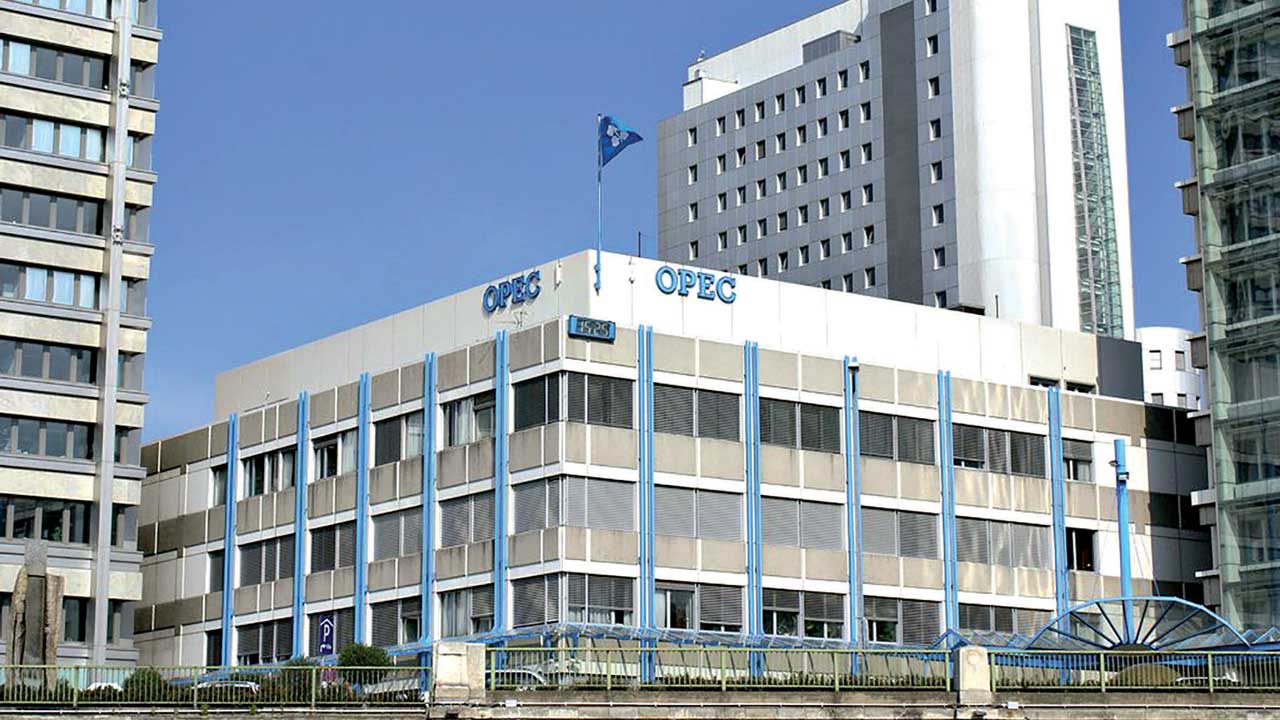The recent pandemic powered by global spread of coronavirus (n-COVID 19), has amongst other things affected the economies of several countries including those leaving on export and even imports.
However, worst hit are economies whose income is predominantly crude oil like Nigeria.
Even though there had been reports that the sharp drop in crude oil prices on the back of the spread of n-COVID 19 has wiped off subsidy on petrol, as the landing cost of the product drops to a record low, so also, revenues coming from crude oil sales are dropping as more economies shutdown production due to the pandemic.
Fact check showed that the expected open market price of Premium Motor Spirit, popularly known as petrol, has dropped below the approved pump price of N145 per litre as the landing cost of the product plunged to N123.88 per litre on Thursday last week.
Accordingly, going by the latest pricing template obtained by our correspondent from the Petroleum Products Pricing Regulatory Agency (PPPRA), petrol was expected to be sold at N143.25 per litre last Thursday if the price of the product was adjusted to reflect the change in crude oil prices.
It is no more news that the international oil benchmark, Brent crude, has been on a downward trend since the coronavirus broke out in China. It tumbled below the $50 per barrel mark last Friday for the first time in two and a half years from as high as $70 per barrel in January.

This means that whereas landing cost of refined petroleum is going down to make the country gain and more money meant for subsidy payment, lower crude oil price remains a cancerous challenge for the oil-based economy of Nigeria.
Only recently, the Federal Government announced the depletion of Excess Crude Account (ECA), but failed to inform Nigerians that for too long and since oil price crashed below the budget benchmark of $57, nothing has entered into the account after all.
Otherwise, at any time the crude oil price is facing downward trend, even though landing cost of petroleum products may be in greens, the fact remains that the national budget and income system is in reds because the economy remains a core one-product economy, the crude oil.
The truth of the two sides of the Nigeria ‘Crude oil coin’ is that left for the federal Government, it would prefer higher oil price so as to gain more foreign exchange than falling price and gain paltry naira in products landing cost.
Relying on this ground, the Chief Executive Officer and Executive Secretary, Major Oil Marketers Association of Nigeria (MOMAN), Mr Clement Isong, in an interview averred that “If crude oil prices continued to drop, private marketers might resume the importation of petrol.”
According to him, the fall in the price of oil meant that government revenue from the commodity would decline, noting that the country could not increase production because of the cap imposed by the Organisation of Petroleum Exporting Countries (OPEC).

However, he added that the drop in petrol price currently remains a good development as it presents an opportunity to do away with subsidy and fully deregulate the downstream sector of the oil and gas industry.
But he did not give further details on what will happen if the price goes up as soon as possible after all.









